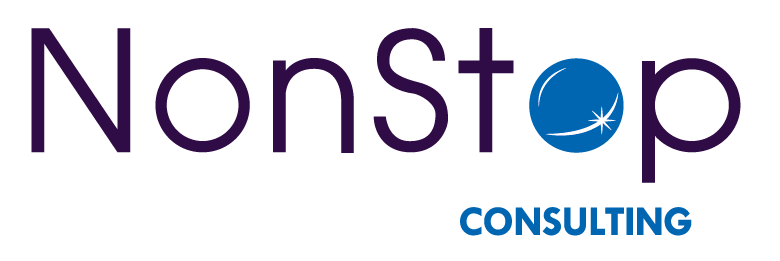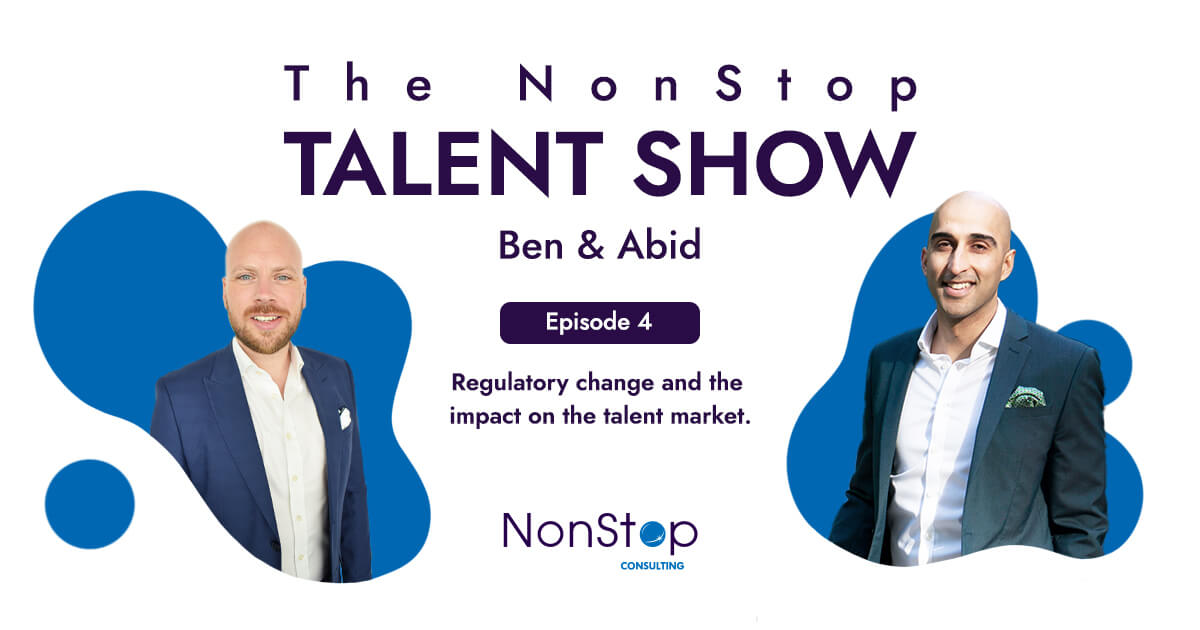How does regulatory change impact a talent marketplace? When that is a brand new regulation, the talent pool is… non-existent.
It’s been more than a decade since we set up our chemical recruitment division, a response to new regulations, so in this episode of the NonStop podcast, we’re taking a look back at how the industry has adapted not only to those regulations, but to the pressure it put on the talent pool.
The division was set up by one of our directors, Abid Kanji. He is joined in this episode by Executive Business Partner Ben Thomson, who has recruited in this industry for nearly eight years.
The regulations Abid and the team were helping the industry adapt to are known as Reach (registrations, evaluations, authorisations of chemical hazard substances) and are essentially something the chemical industry regulators were trying to do to protect consumers from harmful substances.
But as Abid and Ben explain in this podcast episode, the industry was a little slow to react to the looming deadlines at which they needed to be compliant, and that put a strain on a talent pool that was… non-existent.
Initially companies were moving their sales people over into these new roles that focused on regulatory compliance, or bringing them in from other sectors such as pharmaceutical, but quickly realised that wasn’t going to work.
In the decade or so since, this hiring approach has changed “quite dramatically” says Ben, with companies implementing in house training to build the specific skills and knowledge needed, or forming consortia and collaborating on registrations, effectively sharing the talent across companies.
Europe was the first to introduce these regulations, with other countries such as Turkey, Korea, and China, following suit,
And if you’re now thinking this is a great place for candidates with experience in this field, having their pick of jobs, you might well be right. But it’s not all so rosey.
As the guys explain, the approach to training and upskilling has created quite a good number of senior candidates, but for those at the more junior level, it can be hard to break into the industry given the sheer amount of knowledge needed to interpret and apply everything in the 900-page rule book.
In addition, gaining international experience can prove difficult as countries outside of Europe apply their own form of regulation and those regulations, as well as those in their home countries, change and adapt so quickly that knowledge can easily become obsolete.
To hear more about what chemical companies can do to be competitive in the regulatory talent marketplace, and options for candidates moving into, out of, and through the regulatory sphere, listen to the full episode below.
LISTEN AND SUBSCRIBE HERE:





